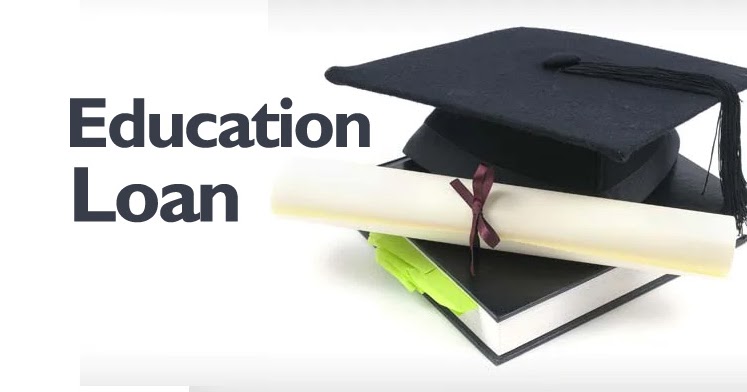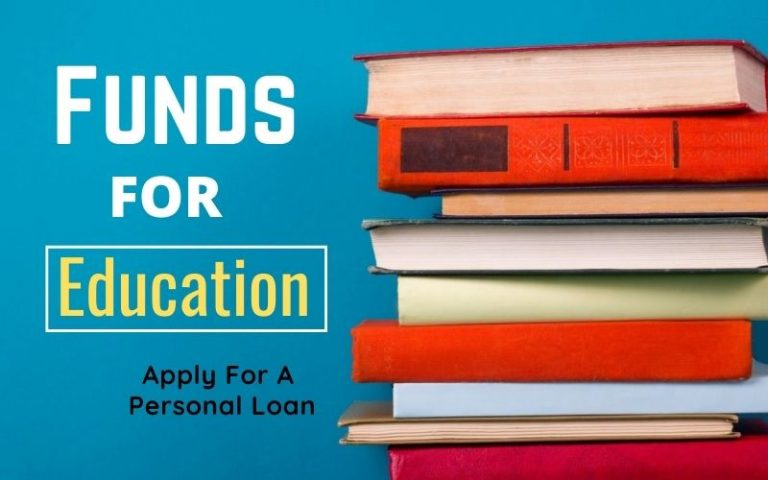In today’s competitive academic landscape, pursuing higher education often comes with a hefty price tag. From tuition fees to accommodation costs and study materials, the expenses can quickly add up, leaving many students and their families grappling for financial solutions. While scholarships, grants, and federal loans are commonly sought-after options, they may not always cover the full extent of educational expenses. In such cases, personal loans tailored for higher education can serve as a valuable resource to bridge the financial gap and enable students to pursue their academic aspirations without financial constraints.
Table of Contents

Understanding Personal Loans for Higher Education
Personal loans for higher education are unsecured loans offered by various financial institutions, including banks, credit unions, and online lenders. Unlike federal student loans, personal loans do not require filling out the Free Application for Federal Student Aid (FAFSA) or adhering to strict eligibility criteria. Instead, they are based on the borrower’s creditworthiness, income, and other relevant factors. This makes personal loans accessible to a wider range of students, including those who may not qualify for federal aid or need additional funding beyond what federal loans provide.
Advantages of Personal Loans for Higher Education
- Flexible Use of Funds: One of the primary benefits of personal loans is their flexibility in how the funds can be used. While federal loans are typically restricted to covering tuition, fees, and essential educational expenses, personal loans can be used for a variety of purposes, including housing, transportation, textbooks, and even personal expenses. This versatility makes them ideal for students who require financial assistance beyond just tuition fees.
- No Dependency on Federal Aid Limits: Federal student loans come with annual and lifetime limits, which may not always suffice to cover the entire cost of attendance, especially for graduate or professional programs. Personal loans offer an alternative source of funding without being constrained by these limits, allowing students to borrow the amount they need to fully finance their education.
- Competitive Interest Rates: While personal loans are typically associated with higher interest rates compared to federal student loans, borrowers with strong credit histories may qualify for competitive rates. Additionally, some lenders offer special discounts or incentives for students, such as interest rate reductions for enrolling in autopay or achieving certain academic milestones.
- Quick Approval Process: Unlike federal loans, which often involve a lengthy application and approval process, personal loans can be approved relatively quickly, sometimes within a matter of days. This expedited process is especially beneficial for students who require immediate funding or are facing time-sensitive deadlines for tuition payments.
- Build Credit History: Taking out a personal loan for higher education presents an opportunity for students to establish or improve their credit history. By making timely payments and managing the loan responsibly, students can demonstrate their creditworthiness, which can be advantageous for future financial endeavours, such as obtaining car loans, mortgages, or other types of credit.
Considerations Before Applying
While personal loans for higher education offer numerous advantages, borrowers need to approach them with careful consideration and awareness of potential drawbacks. Here are some factors to keep in mind before applying for a personal loan:
- Interest Rates and Fees: Compare interest rates, fees, and repayment terms from multiple lenders to ensure you’re getting the most favourable terms possible. Be mindful of any origination fees, prepayment penalties, or other hidden costs that may impact the overall affordability of the loan.
- Repayment Obligations: Unlike federal student loans, which offer flexible repayment options, personal loans typically have fixed monthly payments and shorter repayment terms. Make sure you understand your repayment obligations and have a realistic plan for managing loan payments while juggling other financial responsibilities.
- Creditworthiness: Your credit history plays a significant role in determining the interest rate and terms you qualify for. If you have limited or poor credit, consider applying with a co-signer who has a strong credit profile to increase your chances of approval and secure better loan terms.
- Financial Aid Impact: Before taking out a personal loan, consult with your school’s financial aid office to understand how it may affect your eligibility for other forms of financial aid, including scholarships, grants, or federal student loans. Some forms of aid may be reduced or unavailable if you have additional outside funding.
Follow for such content: https://paisainvests.com/
Conclusion
In the pursuit of higher education, securing adequate funding is a crucial aspect of ensuring academic success and minimizing financial stress. While federal aid programs play a significant role in helping students afford college, personal loans offer a flexible and accessible alternative for those who require additional financial assistance. By understanding the benefits, considerations, and responsibilities associated with personal loans for higher education, students can make informed decisions that support their educational goals and pave the way for a brighter future.



